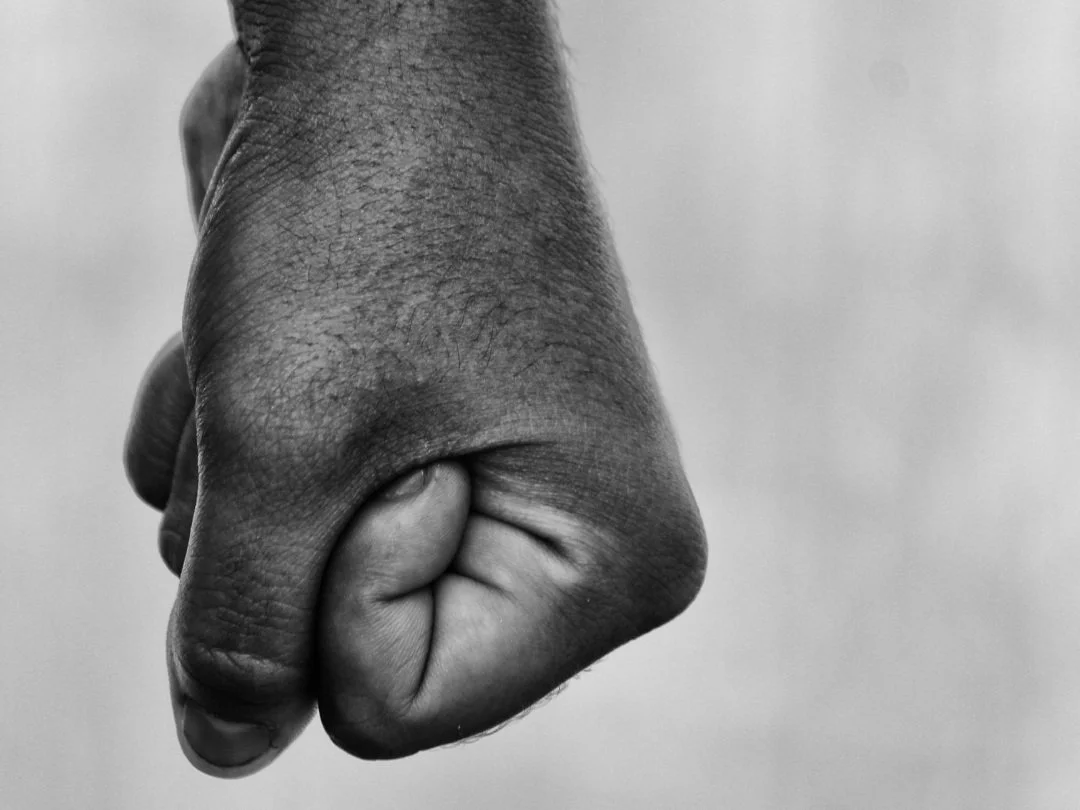How do you ‘do’ anger?
“I am unapologetically angry.”
Every Sunday I meet with a wonderful group of women who join Reconnect to pay attention to their body and mind. It’s a wonderfully relaxing class that includes a journaling exercise before we start moving. This isn’t exactly the platform you’d expect me to choose to talk about anger, but I thought it was the perfect place to prompt some different thoughts about one of our more taboo emotions - and wow, these wonderful women did not disappoint!
While anger might not be comfortable or pleasant, it’s an important part of our emotional range. As women, we are often judged more harshly for showing anger than our male counterparts. This gets even worse for women of colour, who have every reason to be angry at the system that still doesn’t meet their needs as effectively as their white counterparts.
Anger has catalysed change in every aspect of society. From women gaining the right to vote; to protecting women’s rights in Texas and Poland (to name a few); to outcry at the environmental crisis; to Marcus Rashford’s campaign to end child hunger. Immense and positive societal change can be catalysed by anger, but it’s still seen as unsavoury. Not to be shown or acknowledged like other emotions.
I’ve spoken to countless friends about how anxiety feels to them, how sadness feels, how overwhelm feels… but this was the first time I had talked to those around me about anger and it was pretty magical.
(Continues Below)
The journaling prompt that started this class was all about what anger does for us. How it protects or serves us. I asked attendees to think about the benefit anger has provided in the past (which might feel pretty abstract if you’ve never been encouraged to think about anger positively), and reflect on how they can create that benefit in other ways. How could they honour the anger, and move on from it with less heat.
At the end of the class, Amy shared that she had written “I am unapologetically angry.”. Amy works in women’s health following her own experiences of endometriosis and hysterectomy. Her business is fueled by the anger she has at our current system. Her business depends on her willingness to break the current mold, be outspoken, and massively fuck the system. Amy’s anger fuels positive change and she uses that outrage effectively.
Don’t know about you, but that sounds like a superpower to me! Amy embraces her anger and effects positive change using the energy at its source.
For another one of our attendees, anger didn’t have the same effect. After being angry she’d find herself feeling low and depressed, but it did allow her to reinforce her boundaries. She was able to walk away from toxic people, but it would often take her a long time to reach that point.
While her relationship with anger looks quite different, she was still able to see where it was protecting her. She shared that she is realising she can get rid of people before she reaches that angry stage. She can stand up for herself before it turns to anger.
Another attendee didn’t find anger would come up often, but acknowledging what made her angry reminded her she can be proactive before she gets angry too. She is able to make a small change to her work life to honour what her anger was telling her.
For me? I find anger too spikey. I struggle to concentrate and it interrupts my sleep. It takes me time to digest and understand why I’m angry. Once the emotion has diffused I can then start to address the things the anger was telling me from a more neutral place.
The most profound thing about this whole conversation is that it’s the first time I’ve ever spoken to other women about how anger manifests for them. How they work with it, process it or use it.
How do you ‘do’ anger?
I hope sharing this has helped you look at your anger differently. Anger is an important emotion and gives us information about our world - just like our other emotions. Anger doesn’t need to be frowned upon, it needs to be understood and honoured - just like our other emotions.
So how does anger manifest for you? How do you feel after you've been angry? How do you respond to anger? Do you ever feel guilty about being angry?
I'd love to know so please drop me a message below and tell me about how you do anger!
Just like any unmanaged big emotion, unmanaged or excessive anger needs attention. You can get support with anger here at the following places:
The British Association of Anger Management
Or talk to Jane Keogh

